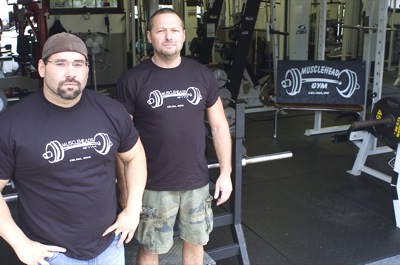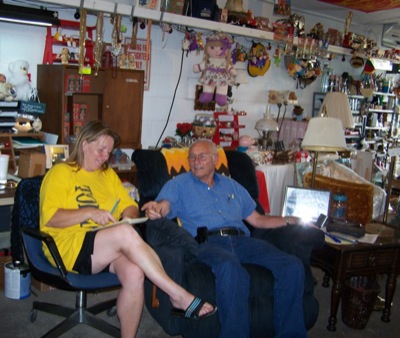Wednesday, August 19th, 2009
Celina officials negotiating for equipment to study harvesting Grand Lake algae
Effort would be first step in lake restoration project
By William Kincaid
The city of Celina is negotiating with several companies to acquire equipment for a pilot study to determine if it is feasible to harvest algae from Grand Lake and turn it into electricity.
The city already has an offer from P-Tec, a company in Charlotte, N.C., to use their equipment for $20,000. However, water plant Superintendent Mike Sudman says he may be able to get the equipment cheaper, as he is in negotiations with a few other companies.
The pilot study is the first part of the city's $4 million lake restoration plan, which includes harvesting the algae, dredging sediment from the lake and creating a partnership with private industry to use the dredged up soil.
Harvesting algae from the lake would begin with dissolved air flotation technology, which would use tiny bubbles to push silt and algae to the top of the water plant's concrete settling tanks, according to Celina Planning and Community Development Director Kent Bryan.
The floating material then would be harvested and sent to a bioreactor to be transformed into methane gas and carbon dioxide, which could, among other things, power a gas turbine and produce electricity, Bryan says.
Bryan said the city knows the technology works, but it wants to determine if water treatment costs could be reduced through lowered chemical and carbon usage.
Sudman would be able to process 120 gallons of water a minute for three months to determine how much suspended materials and dissolved organics would be removed by using dissolved air flotation technology.
Bryan said he is confident an ordinance to appropriate $20,000 from the general fund to the water fund to finance the study will be passed as an emergency measure by city councilors on Monday. Council meets at 7 p.m. in the conference room of the GAC water plant.
But the first attempt to get it passed as an emergency measure did not fly.
During a council meeting last week, the ordinance moved to second reading because council did not have enough votes to pass it as an emergency measure as councilor Mike Sovinski was absent and councilor Ed Jeffries voted no.
Asked why he is against the initiative, Jeffries said the lake restoration project is too expensive. Ultimately, he fears utility customers would see higher rates.
Bryan originally wanted the algae pilot study to be conducted during the months of July, August, September and October, when algae blooms are at their highest. The study now will have to wait until at least September, he said.




